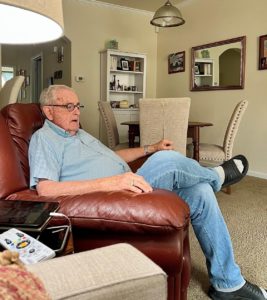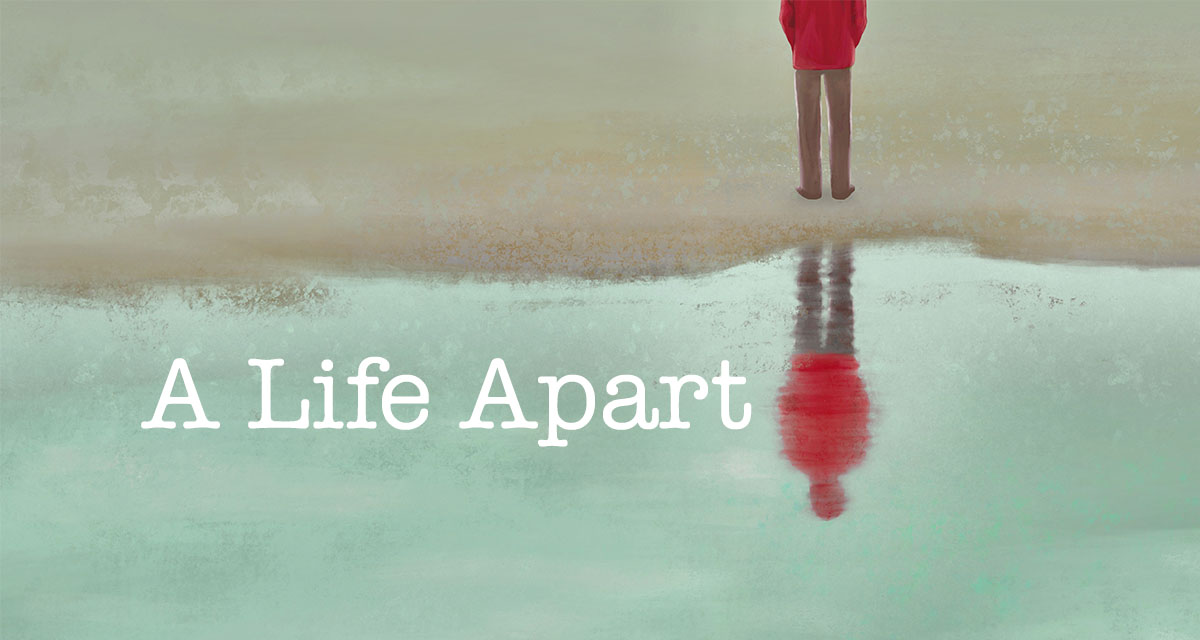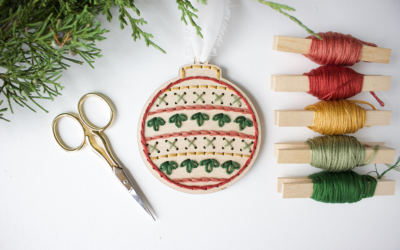By Dan England
More than a year ago, for the first time in his life, John Schopbach felt something he’d never experienced before.
He’d learned to cook caring for his wife, Jeanne, who had Alzheimer’s, but after she died, dinner was a can of soup or a peanut butter sandwich. He went to their cabin in Allenspark, but he left after just a few days, taking no pleasure from the solace of the outdoors. The nights were the worst, as TV didn’t interest him, there was nothing on the radio and the Little Free Library only has so many books. The gnawing quiet seemed as loud as he’d ever heard it.
“I had a tough time,” says Schopbach, now 85.
Schopbach was feeling the effects of living alone for the first time in decades. The timing was terrible: He’d cared for his wife for more than a half-dozen years until he finally moved her into a facility in Greeley. She died a month after the pandemic hit, and though it was a relief in a way, as her death was peaceful and he had a nice goodbye with her, it left him by himself, in a condo in Evans, a place where he knew no one. He was lonely and depressed and yearned for someone to talk to. He didn’t even need a good friend: He just wanted some simple conversation.
Schopbach found himself in a common spot, especially among seniors. Nearly 30 percent of older adults, or about 14 million people, live alone in the U.S., according to the U.S. Department of Health and Human Services, and some medical experts now believe living alone poses serious health risks, though locally they disagree on how severe they are.
Most doctors do think social isolation, the kind we all experienced during the start of the pandemic, is dangerous, but some think folks such as Schopbach who aren’t isolated but are alone, face risks. Even just loneliness leads to higher risks of high blood pressure, heart disease, obesity, anxiety and depression, and cognitive decline, according to the National Institute on Aging. In fact, those who have lived alone for four years showed more cognitive decline compared to those who didn’t.
“The mind and the body are linked,” says Justin Ross, the director of workplace wellbeing for UCHealth and a clinical psychologist. “It’s not just how we think or feel but how we relate to the others and the world. The lack of meaningful connection has profound impacts on our mental health.”
Ross points out that prisons seemed to understand that for decades before we began to talk about the risks of being alone. What’s the worst punishment a prison can legally dole out, he asks?
Solitary confinement.

John Schopbach at his Evans residence.
Being alone and being lonely
Social isolation and living alone are not necessarily linked. Many older adults live alone but are not lonely, the National Aging Institute points out, and there are dozens of ways seniors can find enriching activities. The health risks can be the same for younger people as well, although the fact that they have jobs, an ability to drive or get around and other advantages seniors may not have leaves them less of a risk.
“There’s a difference between being alone and being lonely,” Ross says. “Being alone may provide a deep sense of connection to self. Some may not need a lot of social connection.”
Ultimately, though, nearly everyone does need some form of connection. Physical isolation, Ross says, has the same effects as chronic pain, and depression thrives on vicious cycles that feed isolationist tendencies.
“You may not have the motivation to thrust yourself out into the community,” Ross says. “So, you stay isolated. It’s chicken and egg.”
The cure seems simple, as all it can take is getting out.
“But that’s really hard,” Ross says. “Your mood will follow the action. It’s not the other way around. People wait for motivation to do something, but when you are struggling, that will not happen spontaneously. You have to commit to it.”
William Ratliff, a family physician at Banner Health Center in Fort Collins, doesn’t consider living alone to be a serious health risk. Physicians ask patients if they live alone to get a better picture of their overall health because their answers can reveal health risks such as diet, exercise, stress (especially for single parents), safety and a support network in case of emergencies.
But even Ratliff doesn’t like it when he can sense that his patients are isolating themselves, as that usually means they aren’t caring for themselves as much as they should. He will even suggest services such as Meals on Wheels, which aren’t just for the invalid or those living with poverty.
“If we can raise your nutrition, we can raise your health,” he says.
He will also ask about family, networks and human connections because he knows without any of that, depression can come easily, and depression is a health risk.
“If you don’t have any of [those resources],” he says, “we can discuss ways to address that.”
Everyone knows your name
Preventing isolation, and therefore depression, is a huge part of the mission of places such as the Greeley Active Adult Center, says Tiffany Skouland, who is in charge. The vision statement makes that pretty clear: “Provide a venue for those 50 and older to improve their quality of life through friendship, volunteering, entertainment and recreational activities.” Even if that statement says nothing about curing isolation, it’s a blueprint for doing exactly that.
“We have probably anything you can think of to get people here,” she says.
The place even changed its name a few years ago: It used to be called the “Greeley Senior Center,” but the thinking was that name gave the impression it was full of seniors on walkers playing shuffleboard. The place is for those 50 and older, and they specifically cater to “young” or working seniors with competitive softball and volleyball leagues and international trips as well as those such as Schopbach.
“Usually if we can get them when they are still really active,” Skouland says, “we can keep them here after they slow down.”
The center, and many other organizations like it, including county aging agencies and the United Way, can also act as matchmakers for volunteering. Volunteering not only occupies their time, but it also gives them a purpose, Skouland says.
Even so, the center constantly looks for ways to attract more clients and offer activities beyond traditional games such as cards, pool and Bingo (although it does offer those as well). And it offers lunch several times a week, which ensures they get a nutritious meal in addition to a chance to socialize.
“We are always staying on top of trends and trying to offer those,” she says. “We are always open to new ideas.”
Many associate isolation with widows who lost their husbands, but men such as Schopbach feel it too. Men, she says, are a much bigger part of the center than many realize.
“I have a bigger male population down here than females,” she says.
And many of those men don’t necessarily live alone. Working wives, or wives who want them out of the house during the day so they don’t get divorced after 40 years of marriage, will drop them off at the center during the day. Many of those wives say they see a noticeable difference in happiness after they spend the day there instead of being alone.
Getting out
Schopbach may have been depressed, but he recognized it and knew what he had to do. When he saw an ad for the Weld Food Bank, he saw it as a sign: He’d done some work for the food bank in Fountain Hills, Ariz., where he and Jeanne lived before he moved back to the Greeley area with her to get her some help. He spent two to three afternoons a week there. That gave him some purpose.
“I don’t make good friends at that place,” he says, “but I see people and talk to people.”
He reconnected at his old church with a friend he’d had in Greeley in the 1960s, the last time he lived there, and they get together once a week. His neighbors began to look out for him too, including a young woman who waters his plants for him when he’s visiting one of his children or family members (she’s his daughter’s age, he says with a laugh, so she’s a friend at best).
He’s started to cook again. He likes using the crock pot. He fixed chili once, though he had to eat it for a week. It’s warming up, the sun is out, and he goes for walks every day. He plans to spend his summer back at the cabin in Allenspark.
“I’m still looking for more things to do,” he says.
Schopbach, however, has found a place to whittle away an afternoon when he’s not at the food bank. He likes to play a card game, Hands and Feet, and have lunch at the activities center in Greeley.
All that has made a big difference, he says. In fact, just the other day, while he was playing Hands and Feet, a table full of women were jabbering away behind him. He found all that noise distracting, he says, as he couldn’t understand what they were saying. So, he turned off his hearing aid and enjoyed the peace and quiet as the cards flew around him.






